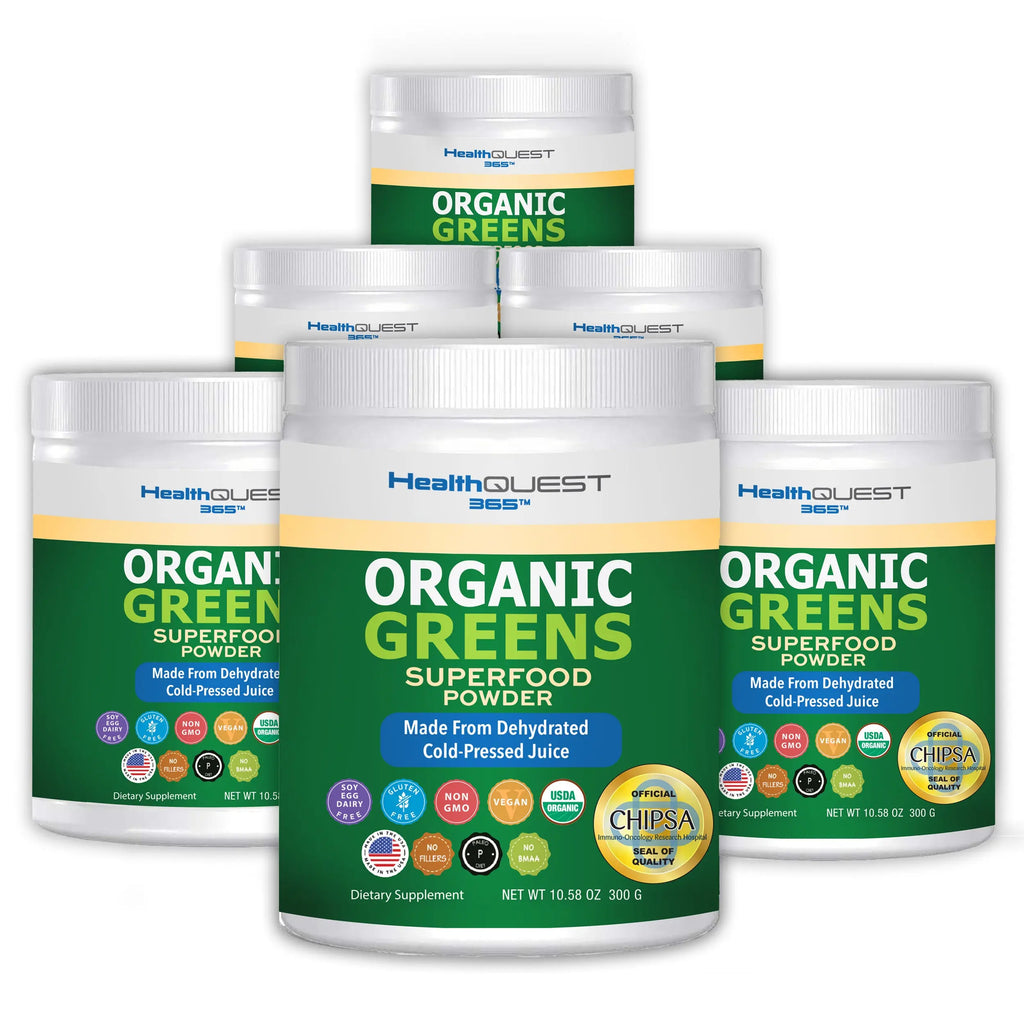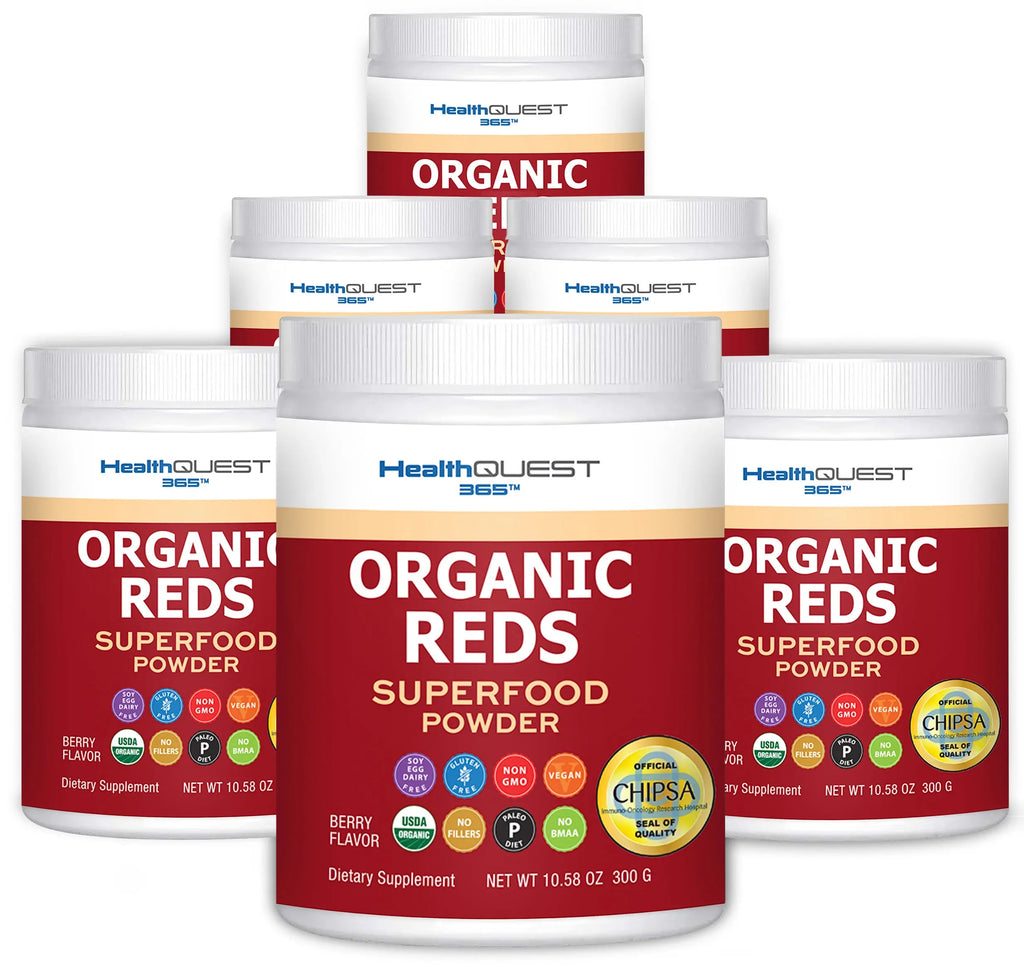It’s about health. It’s about healthy lifestyle. It’s about family™

Unlocking the Secrets to a Longer Life: The Science of Longevity
In a world where the pursuit of youth and vitality seems endless, the quest for longevity has become a fascinating field of study. In the article, we delve deep into the groundbreaking discoveries that are shaping our understanding of aging and the factors that contribute to a longer, healthier life.
This captivating journey takes you through the latest scientific breakthroughs, revolutionary lifestyle practices, and inspiring stories of individuals who have defied the odds, revealing the true essence of what it means to live well beyond the average lifespan. Get ready to embark on an enlightening adventure that will not only redefine your perspective on aging but also provide invaluable insights on how to unlock the full potential of your own longevity.

WHAT IS LONGEVITY AND HOW CAN YOU LIVE BEYOND YOUR LIFE EXPECTANCY BY 10+ YEARS?
Longevity is the measure of a person's lifespan, or the duration of their life. It is influenced by various factors such as genetics, lifestyle choices, and environmental conditions.
Living beyond your life expectancy by 10+ years may seem like a daunting task, but with the right knowledge and approach, it is an achievable goal. Here are key strategies that can help you extend your life and enjoy better health in the process:
Embrace a healthy diet: Consuming nutrient-rich foods, such as fruits, vegetables, whole grains, lean proteins, and healthy fats, has been proven to lower the risk of chronic diseases and promote overall wellness. Prioritize a plant-based diet and limit the consumption of processed foods and added sugars.
Stay physically active: Regular exercise not only improves cardiovascular health and maintains muscle strength but also boosts mood and cognitive function. Aim for at least 150 minutes of moderate-intensity aerobic activity or 75 minutes of vigorous-intensity activity per week, combined with strength training exercises twice a week.
Prioritize sleep: Adequate sleep is essential for optimal immune function, cognitive performance, and emotional well-being. Aim for 7-9 hours of quality sleep each night and establish a consistent sleep schedule to regulate your body's internal clock.
Manage stress: Chronic stress can have detrimental effects on both physical and mental health. Incorporate stress-reducing practices like meditation, yoga, deep breathing exercises, or mindfulness into your daily routine.
Foster social connections: Building strong relationships and maintaining an active social life can improve mental health and reduce the risk of age-related diseases. Engage in regular social activities with friends, family members, or community groups.
Stay mentally sharp: Engaging in cognitively stimulating activities, such as learning a new language, playing musical instruments, or solving puzzles, can help maintain brain health and decrease the risk of cognitive decline.


Adopt healthy habits: Avoid smoking, limit alcohol consumption, and maintain a healthy body weight to reduce the risk of chronic diseases and extend your lifespan.
Practice preventive healthcare: Schedule regular check-ups with your doctor, keep up-to-date with vaccinations, and monitor your health through routine screenings to detect potential issues early on.
Embrace a sense of purpose: Having a sense of purpose in life has been linked to increased longevity. Pursue activities that give you a sense of meaning and fulfillment, such as volunteering, pursuing hobbies, or engaging in spiritual practices.
By incorporating these strategies into your daily life, you can maximize your chances of living beyond your life expectancy and enjoying a healthier, more fulfilling existence for years to come.

Give You ALL Our Best Workbooks
Get all the Best Workbooks + Action Guides from our expert
3 FACTORS THAT AFFECT YOUR LONGEVITY
GENETICS
Our genes play a significant role in determining our longevity. Genetic factors account for approximately 20-30% of the variation in human lifespan. Specific genes control various biological processes, such as cellular repair, inflammation, and metabolism, which can influence how we age.
Some individuals carry genetic variants that provide them with a higher likelihood of living longer, while others may have a predisposition to certain age-related diseases.
Although we cannot change our genetic makeup, understanding our genetic predispositions can help us make informed decisions about our health and lifestyle choices.
ENVIRONMENT
The environment in which we live can greatly impact our longevity. Factors such as air and water quality, exposure to toxins, and access to healthcare services all contribute to our overall health and well-being. Living in an area with high levels of pollution or limited access to medical care can significantly shorten one's lifespan.
Additionally, socioeconomic status plays a role in longevity, as individuals from lower-income backgrounds often face greater challenges in accessing resources for maintaining good health. To mitigate the effects of environmental factors on your lifespan, it is essential to be proactive about improving your living conditions, advocating for better public health policies, and supporting efforts to reduce environmental hazards.

LIFESTYLE
Lifestyle choices are the most modifiable factor affecting our longevity and account for a large portion of the differences in life expectancy among individuals. The choices we make daily, such as our diet, exercise habits, sleep patterns, and stress management techniques, can either promote a longer, healthier life or contribute to the development of chronic diseases that shorten our lifespan.
Adopting a healthy lifestyle by consuming a nutrient-rich diet, engaging in regular physical activity, getting sufficient sleep, managing stress, fostering social connections, and avoiding harmful habits like smoking and excessive alcohol consumption can significantly increase your chances of living a longer, more fulfilling life. By taking control of your lifestyle choices, you can overcome genetic predispositions and environmental challenges to maximize your longevity potential.

FREE "Mystery Gift"?
Let me stay in touch with you via email and as a thank you - get this FREE gift.. Something others paid over $1,000 for.
(True story)
WHAT LONGEVITY DIAGNOSTICS ARE THERE ?
Longevity diagnostics are tests and assessments designed to evaluate various aspects of your health, biological age, and potential lifespan. These diagnostics can help identify risk factors, monitor the aging process, and provide insights into personalized interventions to promote healthy aging. Some of the most common longevity diagnostics include:

Blood tests: Comprehensive blood tests can measure various biomarkers associated with aging and overall health, such as cholesterol levels, blood sugar, inflammation markers (e.g., C-reactive protein), and hormone levels.
Telomere length measurement: Telomeres are protective caps at the ends of chromosomes that shorten as cells divide. Shortened telomeres are associated with cellular aging and a higher risk of age-related diseases. Measuring telomere length can provide insights into an individual's biological age and potential lifespan.
Genetic testing: Genetic testing can identify specific genetic variants associated with a predisposition to certain diseases or longevity genes. These tests can help you understand your genetic risks and tailor lifestyle interventions accordingly.
Epigenetic testing: Epigenetics refers to changes in gene expression that do not involve alterations to the underlying DNA sequence. Epigenetic changes can be influenced by various factors, including age, environment, and lifestyle. Epigenetic testing can provide insights into an individual's biological age, allowing for more targeted interventions to slow down the aging process.

Body composition analysis: Assessing body composition, including muscle mass, fat distribution, and bone density, can help evaluate overall health and the risk of developing age-related diseases such as osteoporosis and sarcopenia.
Cardiovascular assessments: Tests like electrocardiograms (ECGs), echocardiograms, and stress tests can evaluate heart function and detect potential cardiovascular issues, which are significant contributors to mortality and morbidity in older adults.
Cognitive assessments: Cognitive tests and neuropsychological evaluations can help identify early signs of cognitive decline or dementia, allowing for early interventions to maintain brain health and slow down the progression of cognitive impairment.
Metabolic assessments: Metabolic tests, such as resting metabolic rate (RMR) measurement and glucose tolerance tests, can evaluate your body's energy expenditure and ability to process sugars, providing insights into potential metabolic issues that could impact longevity.
By incorporating these longevity diagnostics into your healthcare routine, you can gain a deeper understanding of your biological age, overall health, and potential lifespan, empowering you to make informed decisions and adopt targeted interventions to promote healthy aging.
YOU CAN PROLONG YOUR LIFE
In conclusion, the pursuit of human longevity is not an unattainable dream but rather a realistic goal that can be achieved through a combination of understanding your genetic predispositions, addressing environmental factors, and making conscious lifestyle choices. By embracing a healthy diet, staying active, prioritizing sleep, managing stress, fostering social connections, and maintaining mental sharpness, you can significantly increase your chances of living a longer, more fulfilling life span.
One simple yet effective way to enhance your daily nutrition is by incorporating HealthQuest365's organic greens into your routine. Packed with essential vitamins, minerals, and antioxidants, these nutrient-dense greens can support your body's natural defenses and contribute to overall well-being. So why not give HealthQuest365's organic greens a try and experience the benefits firsthand?
Additionally, leveraging cutting-edge longevity diagnostics can provide valuable insights into your biological age and overall health, enabling you to adopt personalized interventions tailored to your unique needs. The key to long life lies in taking control of the factors within your reach and making a dedicated effort to prioritize your well-being. By doing so, and with the help of HealthQuest365's organic greens, you can unlock the secrets to a longer, healthier, and happier existence.
FREQUENTLY ASKED QUESTIONS
A simple step would be to evaluate your current lifestyle and health, identify areas of improvement, and gradually incorporate healthier habits.
Absolutely! Physical exercises such as jogging, brisk walking, or bodyweight exercises can be done without a gym.
A positive attitude is vital in healthy living as it reduces stress and encourages persistence in maintaining healthier habits.
A supportive environment can be built by including people who have similar health goals or by seeking the support of friends, family, or online health and wellness communities.
Regular check-ups help in detecting any potential health issues early and managing them effectively. They keep you updated about your overall health.







